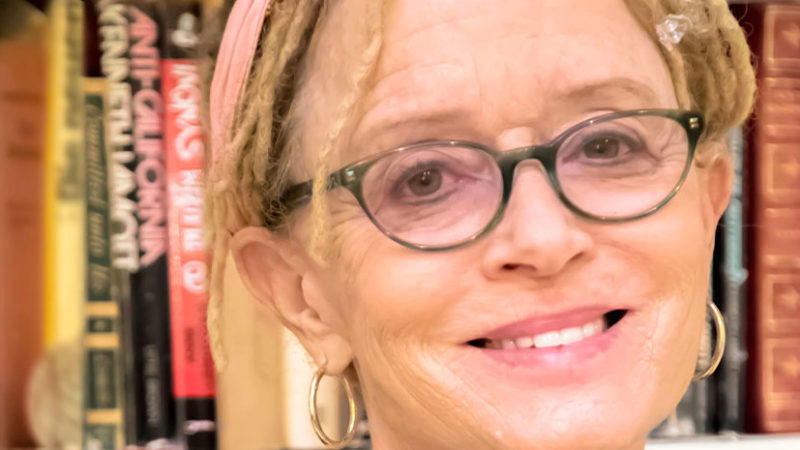Embrace the Hustle & Bustle with this “Shake it...

Sometimes life is complicated, especially during the hustle and bustle of the holiday season. We may be able to cope with everyday stresses, but when we have multiple traumatic events happening at once, we can feel frozen by fear and uncertainty, stuck in our painful circumstances. We may feel victimized and incapable of making a move. As our modern age speeds up, this feeling can intensify to the point that we make ourselves sick. What can we do when we feel so confused and empty that we become immobilized and exhausted?
This kundalini meditation is designed to help center your consciousness and channel all your confusion out of your psyche. You give your feelings of uncertainty, pain, and blame to the universe and replace them with the pure, clear light of your soul, accessing what was actually there all along.
- Sit up with your spine straight. Center yourself with your breath.
- Interlace your fingers in front of your heart with the index fingers pressed together pointing up. Close your eyes, focusing internally on the third eye point.

- Begin chanting the mantra “Wahe Guru, Wahe Guru, Wahe Guru, Wahe Jio” (pronounced “wah-hey guh-roo, wah-hey guh-roo, wah-hey guh-roo, wah-hey jee-oh”). Our translation of this mantra is: “As in amazement, here and now, all darkness is transformed to illuminating light in my soul.” Practice doing this chant with the following visualization:
- On the syllable of “wah,” feel the sound vibrating at your navel.
- On the syllable of “hey,” feel the sound vibrating at your heart.
- On the syllables of “gur-roo” and “jee-oh,” feel the sounds vibrating at your lips.
- Continue chanting the mantra for up to 11 minutes.
- Inhale deeply and hold your breath in. Feel the echo of the sounds still vibrating in your navel, heart, and lips. Suspend your breath for as long as you comfortably can and then exhale very consciously.
- Inhale a second time and again suspend your breath. Release the feeling of being trapped by circumstances. Surrender it to the universe. Surrender your pain and feelings of blame. Release your stress and your uncertainty. Give it all to God. Hold the breath for as long as you comfortably can and then exhale, still holding your concentration.
- Inhale a third time and give your life to God. Surrender. Whatever God means to you, offer your existence to that. Allow yourself to feel the purification this action creates in your psyche. When you are ready, exhale and sit for a while with the whole experience of this powerful meditation.
 Excerpted from Essential Kundalini Yoga by Karena Virginia & Dharm Khalsa.
Excerpted from Essential Kundalini Yoga by Karena Virginia & Dharm Khalsa.

Karena Virginia brings 20 years of experience as a certified healer and registered instructor in the kundalini and hatha schools. Before her teaching career, she worked in the entertainment industry as an actress and model. She lives in the New York City area. For more information, visit karenavirginia.com.
 Dharm Khalsa is a board member of the Siri Singh Sahib Corporation, the nonprofit overseeing kundalini yoga in the US since founder Yogi Bhajan’s passing. Trained directly by Yogi Bhajan, for whom he was a personal assistant for nearly a decade, Dharm has taught kundalini yoga since 1980. He lives in New Mexico.
Dharm Khalsa is a board member of the Siri Singh Sahib Corporation, the nonprofit overseeing kundalini yoga in the US since founder Yogi Bhajan’s passing. Trained directly by Yogi Bhajan, for whom he was a personal assistant for nearly a decade, Dharm has taught kundalini yoga since 1980. He lives in New Mexico.






